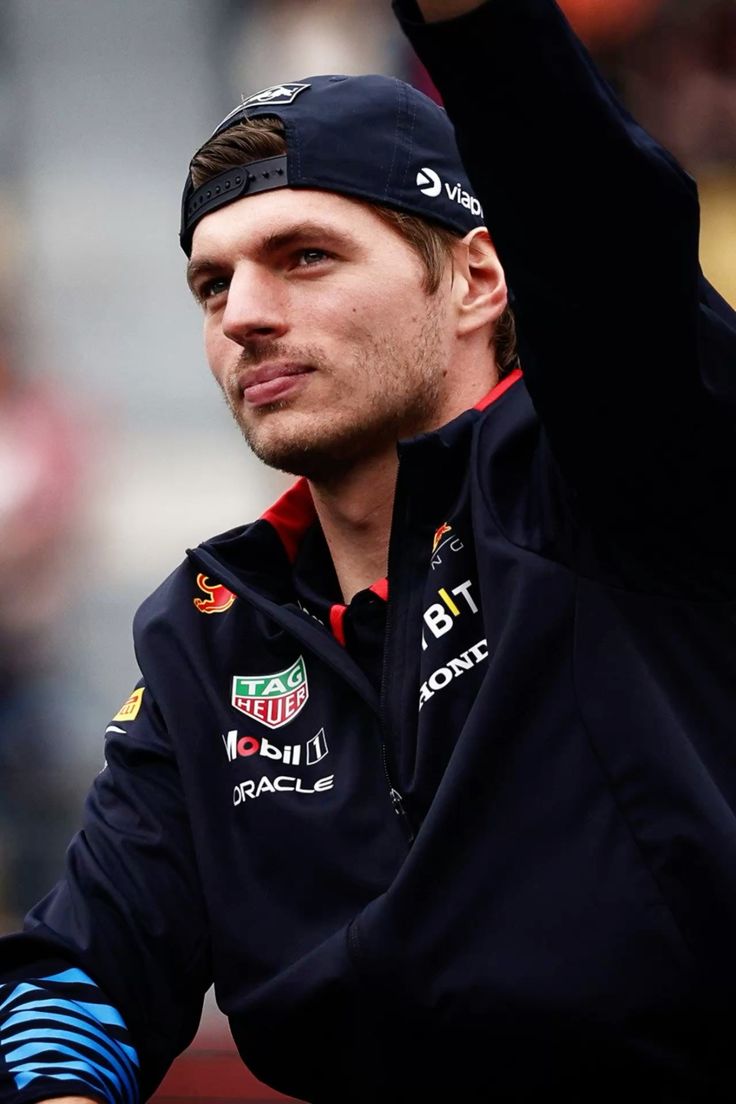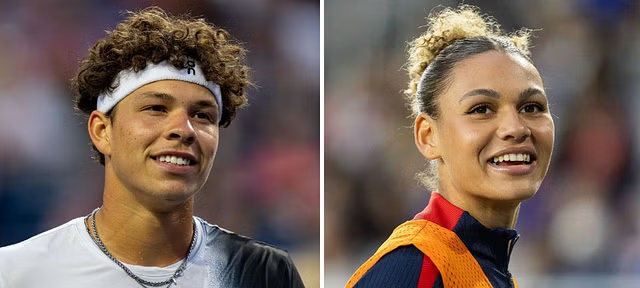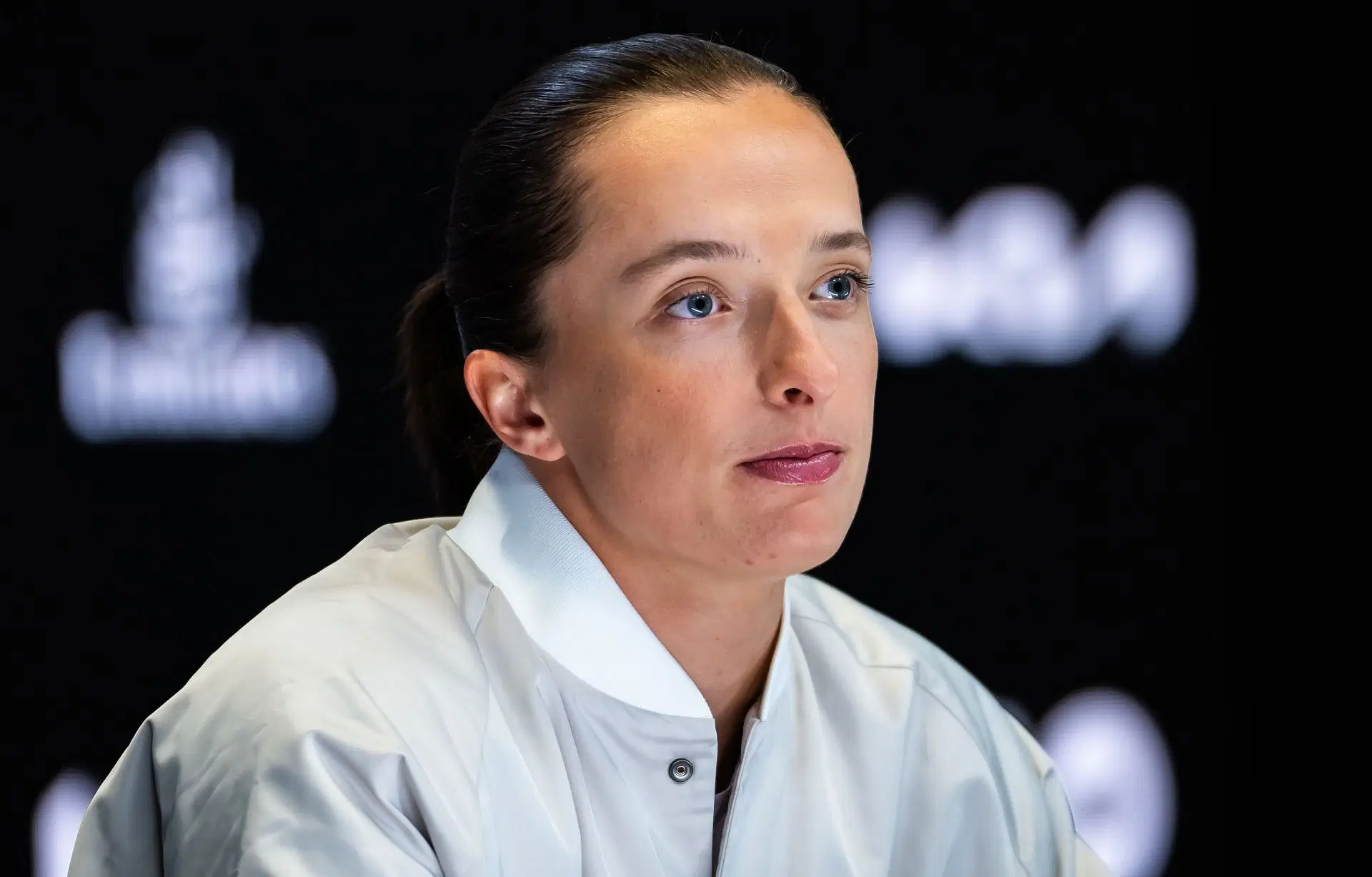Introduction: Is a Sabbatical on the Horizon for Max Verstappen?

Max Verstappen, the reigning titan of Formula 1, has set the motorsport world buzzing with his recent comments regarding the possibility of a sabbatical in 2026. As Formula 1 faces a sweeping transformation under the 2026 regulations, Verstappen’s clarity on his intentions offers both insight and intrigue.
In a sport where commitment and mental endurance are paramount, Verstappen’s perspective opens up essential conversations—about the evolving nature of F1, the personal toll of a packed racing calendar, and the priorities of a modern champion.
This article unpacks Max Verstappen’s 2026 sabbatical comments, answers the most burning questions fans are asking, and explores what it all means for Red Bull Racing, Formula 1’s future, and Verstappen’s legacy.
Let’s dive into the facts, the emotions, and the implications.
1. Why Is Max Verstappen Considering a Sabbatical in 2026?
A Clash Between Passion and Purpose
In a bold and candid statement, Max Verstappen has publicly expressed discomfort with the direction F1 is heading. Specifically, his discontent revolves around:
- The packed racing calendar (24+ races per season)
- The complexity of the 2026 power unit regulations
- A desire to focus on life beyond F1 before burnout becomes inevitable
During a press appearance in early 2025, Verstappen stated:
“If I don’t feel it anymore, then I prefer to take a break. I don’t want to just be in F1 to be here—I want to win and enjoy it.”
This isn’t just a vague comment—it’s a crystal-clear indicator that Verstappen is seriously evaluating a strategic pause in his career.
2. What’s Changing in Formula 1 in 2026?
The Technical Revolution That Could Push Drivers Away
Formula 1’s 2026 regulations are poised to usher in a massive overhaul:
- 50/50 split between internal combustion and electric power
- Heavier cars
- Aerodynamic efficiency priorities
- More sustainable fuel systems
While these changes are crucial for F1’s sustainability and innovation goals, they also shift the driver experience dramatically. Verstappen has voiced concern that these new-generation cars may be “less fun to drive” and too reliant on energy management over racing instinct.
For a pure racer like Verstappen, this could feel like the soul of the sport is being diluted.
3. Frequently Asked Questions (FAQs)
Q: Is Max Verstappen officially taking a sabbatical in 2026?
No, not yet. Verstappen has made it clear that he’s open to the idea but hasn’t made a final decision. However, his honest tone and willingness to speak publicly suggest he is seriously weighing his options.
Q: Would Red Bull allow Verstappen to step away?
Technically, Verstappen is contracted with Red Bull until the end of 2028. However, Red Bull has historically been flexible with its drivers. If Verstappen truly feels burnout or sees no alignment with his racing goals, it’s possible a temporary pause would be mutually agreed upon.
Q: Has any top F1 driver ever taken a sabbatical?
Yes—Fernando Alonso, Kimi Räikkönen, and even Michael Schumacher took breaks during their careers. In all cases, the sabbaticals served as refreshers, and some returned stronger than before.
Q: Would Verstappen’s sabbatical hurt his legacy?
Not necessarily. With three (or more) world championships and a dominant era already cemented, a well-timed break might preserve Verstappen’s performance peak and even extend his career into his 30s—much like tennis stars and elite athletes in other sports.
4. The Bigger Picture: The Mental Toll of F1’s Calendar Explosion
Formula 1’s relentless calendar expansion—from 21 races in 2018 to a projected 24+ by 2026—has not only strained team logistics, but also driver well-being.
Max Verstappen has said:
“This lifestyle is intense. You don’t really live outside F1. If it continues like this, I will stop.”
Key Statistic:
- A 2024 FIA internal report found that over 63% of F1 personnel reported signs of burnout by mid-season.
This statistic is not just alarming—it’s revealing. Verstappen’s comments reflect a broader truth: F1’s pursuit of growth may be outpacing its human component.
5. What Would a 2026 Sabbatical Mean for Formula 1?
1. Red Bull’s Long-Term Strategy Gets Tested
Without Verstappen, Red Bull would need to rethink its hierarchy. While drivers like Sergio Pérez and Yuki Tsunoda are valuable, none possess Verstappen’s dominant synergy with the RB platform.
There’s speculation about Liam Lawson or even Lando Norris stepping into the role—but none guarantee the same race-winning consistency.
2. F1’s Viewer Dynamics Could Shift
Let’s be clear—Verstappen is one of F1’s top global audience magnets. If he steps away, the sport could experience:
- Lower viewership in key markets (e.g., Netherlands, Belgium)
- Loss of dominant narratives
- A reshuffling of rivalry-based marketing campaigns
3. More Drivers Could Follow
Verstappen’s possible move could open the floodgates. Drivers like Charles Leclerc, George Russell, and Carlos Sainz have also hinted at long-term mental fatigue. If the grid’s superstar starts the trend, others may follow.
6. Verstappen’s Brand Strategy: Playing the Long Game
Stepping away from F1 doesn’t mean Verstappen fades from relevance.
Expect Verstappen to invest time in:
- Sim racing & Esports (he already owns Team Redline)
- Business ventures (real estate, merchandise, and digital media)
- Family and personal growth
By taking a step back, Verstappen shields his legacy, maintains public intrigue, and keeps his return door wide open.
This sabbatical talk might be a calculated PR move, setting the tone for a more flexible, purpose-driven career arc.
7. What Fans, Sponsors, and Teams Should Prepare For
✅ For Fans:
- Embrace the change. Sabbaticals don’t mean retirements.
- Be excited for possible comebacks with fresher storylines and recharged energy.
- Stay engaged with Verstappen’s other ventures.
✅ For Sponsors:
- Double down on Verstappen’s off-track presence.
- Leverage his esports brand and social media to maintain exposure.
- Prepare contingency plans around content without on-track appearances.
✅ For Red Bull Racing:
- Begin succession planning early.
- Scout for dynamic, young drivers to match the team’s energy.
- Consider more team development autonomy from Verstappen.
8. A Strategic Pivot or a Warning Sign?
Verstappen’s message isn’t just personal—it’s a wake-up call to Formula 1’s decision-makers.
He is not alone in these sentiments. His public declaration could:
- Pressure F1 to rethink the 2026 format
- Spark a reduction in race counts
- Force greater mental health and wellness initiatives across the paddock
Verstappen’s clarity and confidence could become a catalyst for change, both in how teams manage careers and how the sport respects the human behind the helmet.
Conclusion: The Power of Saying “Not Now”
Max Verstappen is not just a world-class driver—he’s becoming a leader in defining the future of Formula 1.
By honestly addressing his 2026 intentions, he has sparked important conversations around:
- Work-life balance in elite sports
- The unintended consequences of over-commercializing a sport
- What it truly means to race with passion over obligation
Whether he races in 2026 or not, Verstappen is making one thing crystal clear: he is not afraid to prioritize purpose over routine. In doing so, he’s carving a new path that many may soon follow.


